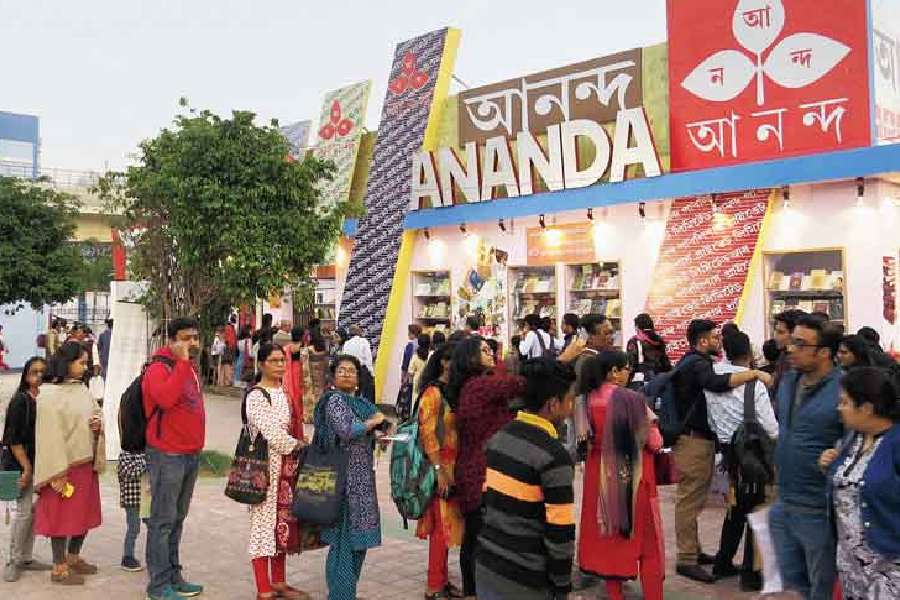The Kolkata Book Fair lacks facilities for persons with disabilities, an organisation that fights for better quality of life for people with rare diseases, said.
Parents of children with disabilities told Metro many ramps were not fit for use, there were hardly any washrooms for those with special needs and signages were absent and there were no braille maps or tactile paving on pathways in the fair ground to guide those with visual impairment.
The Organisation for Rare Diseases India (ORDI) has written to the Publishers and Booksellers Guild, the organisers of the Book Fair, with a host of recommendations that can make the book fair more inclusive.
Dipanjana Datta, state coordinator of ORDI, said she wrote the email after parents of children with physical and intellectual disabilities told her about difficulties they faced.
“I am writing to bring to your attention to an important matter regarding accessibility at the book fair, particularly for individuals with mobility challenges, including those who use wheelchairs,” the email read.
“It is crucial that we work towards making it inclusive for everyone,” it said.
“We have emailed the letter to the Guild and also sent them a hard copy,” said Datta.
She said the parents told her the ramps built outside the stalls were not fit to push the wheelchairs up on.
Chaitali Gami, who has a daughter with intellectual diasbilities, said she visited the fair on the first day. “Many people prefer using wheelchairs on their own without anyone’s support. But it will not be possible because of tthe way some of the ramps have been built. In many places, there is a gap in height between where the ramp ends and the stalls starts,” she said.
“Even if there is help, the wheelchair will not enter the stall without physically lifting it up,” said Gami, who is also the general secretary of Parivaar Bengal, a federation of associations of parents who have children with
disabilities.
The ramps were merely built as a formality and not enough care was taken to see that they could be used easily, she said.
Tridib Chatterjee, president of Publishers and Booksellers Guild, said ORDI should have ideally written to the state urban development department, who are the custodians of the Book Fair ground in Salt Lake.
“All the temporary constructions are made by us. We have installed ramps outside all the stalls. If there is a problem with any particular stall they can point it out to us. We will take corrective action,” said Chatterjee. “But infrastructure in the ground or the presence of disabled persons friendly toilets is done by the state government.”
The walkways in the fair ground end a few metres from the stalls. There is a step that one has to climb and then walk a few metres to enter some of the stalls, said Gami. “How will someone with mobility issues climb the steps?” she asked.
An official of Mentaid, an organisation for persons with disabilities, said she wanted to take members of a music band of Mentaid to the stalls but had to shelve the plan as they
were not accessible for wheelchairs. The band had been called to perform at the opening of a stall at the Book Fair this year.
ORDI’s email recommended installation of “clear and visible signage throughout the venue indicating wheelchair-accessible routes, restrooms, and seating areas. This will help attendees with disabilities navigate the event with ease”.
The email also requested the Guild to solicit feedback from persons with disabilities.
